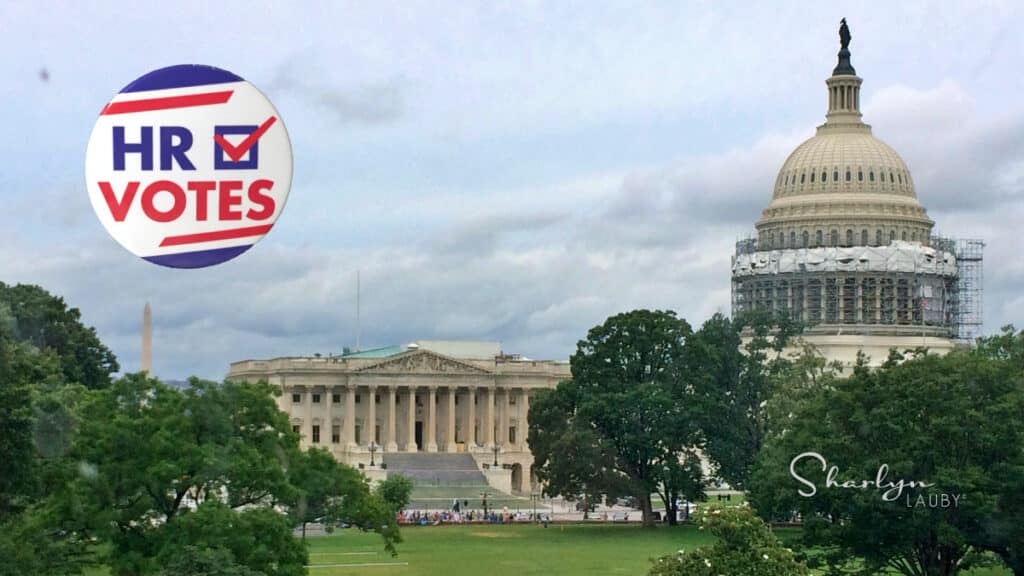What You Need to Know About Voting and Why: #Election2020

There’s an election coming up in the United States so it’s time for my semi-regular post about the importance of voting. Even if you vote regularly, I hope you will take the time to finish reading today’s article.
I was a political science major in college, so I like reading and staying up on politics and the news. Which I will admit can be a bit challenging at times. A few months ago, Mr. Bartender bought me a book titled “OMG WTF Does the Constitution Actually Say?” by Ben Sheehan. Whether or not you’ve read the Constitution, this is a educational and fun read. It contains both the actual text as well as a casual interpretation. I hadn’t read the Constitution in a long time and it was a good refresher.
Shortly after finishing Sheehan’s book, I heard about another book…this one about voting. Kim Wehle is a professor of law and legal expert. She wrote the book “What You Need to Know About Voting and Why”. Needless to say, I had to get a copy.
I really enjoyed this book for a few reasons. It’s a book that talks about both the mechanics and complexities of voting. The book delves into whether or not we have a “right” to vote, how to qualify to vote, and how voting impacts government. I’ve never questioned my ability to vote ever nor have I ever had anyone question my ability to cast a vote. (Yes, my white privilege is showing.) That’s not the case for everyone and this book does a good job of explaining how voter suppression has happened over time and still exists today. It also talks about money in elections and if you ever wanted to know the difference between individual contributions, political action committees (aka PACs), and Super PACs…this book will clarify it for you.
The book was also helpful in sharing how students can vote when they’re away at school, how older Americans who need assistance can have a caregiver help them vote, and how individuals with disabilities can make sure they’re able to vote with accommodations. Finally, the book offers suggestions about what to do if for whatever reason you’re turned away from a voting precinct (and it could be because of what you’re wearing – and, yes, they can do so legally).
Voting is important. Our votes elect individuals who create laws that impact our personal and professional lives. I’m not just talking about major pieces of legislation like the Americans with Disabilities Act (ADA) or the Family and Medical Leave Act (FMLA). Right now, an elected school board official is deciding whether or not our kids should go back to school in person or online. That’s pretty darn important.
I’m not trying to give you the hard sell on buying this book. I did think it’s really good and it will have a permanent spot on my bookshelf (next to Sheehan’s book about the Constitution). That being said, there is one quote from the book that I want to share.
“As far back as 1886, the Supreme Court has repeatedly declared that the right to vote is ‘fundamental’ because it is ‘preservative of all rights.’ Without the right to vote, individuals can’t hold government officials accountable for breaking other laws.”
Wehle likens our ability to vote with an antibullying policy. If people can bully without consequences, then the “no bullying” policy is meaningless. Same with voting. It’s our accountability tool and without it, government officials could feel – and act – as if they’re above the law.
As in my other election and voting-related articles, I’m not here to tell you how to vote. But I do hope you will take the time to learn the voting laws in your state, get educated on the issues, and make a plan to go vote. What happens in November will have a long-term impact on us as individuals as well as the organizations we work with.
Image captured by Sharlyn Lauby after speaking at the SHRM Annual Conference in Washington, DC
12